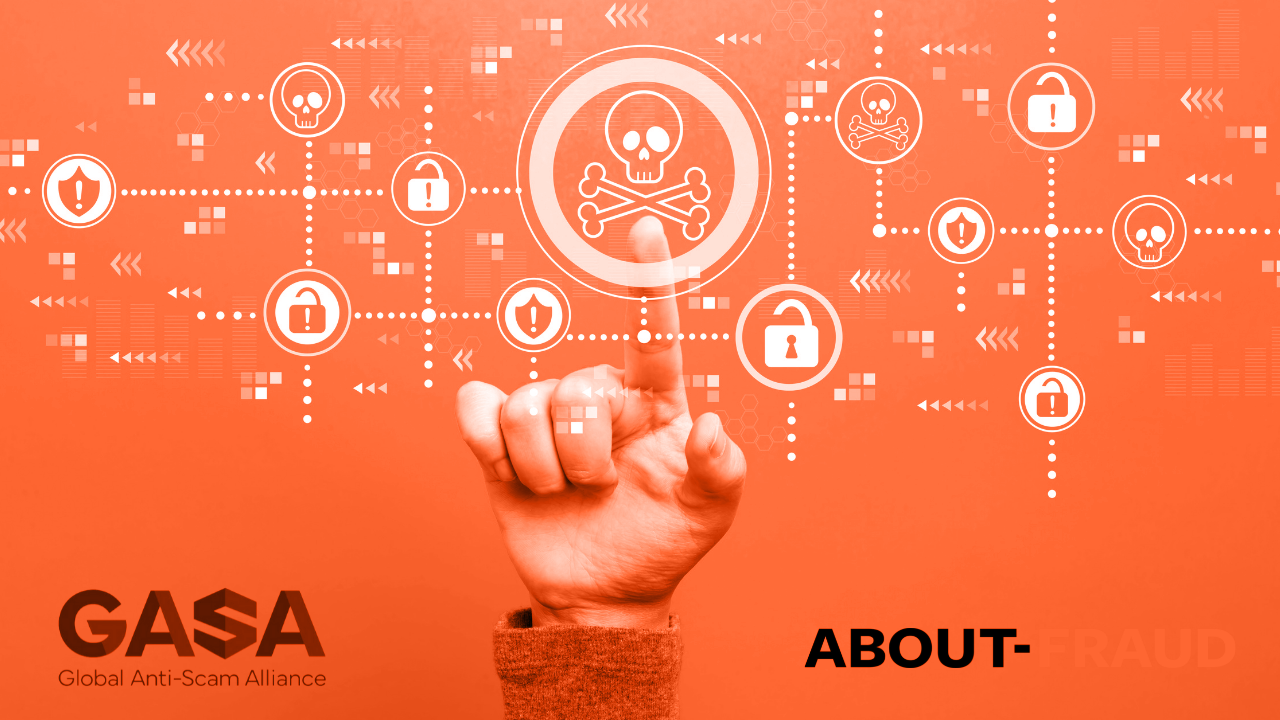
Global Anti-Scam Alliance: Mission
The number of online scams is booming. Consumers lost nearly USD 50 billion to scams in 2020. The number of scams reported to law enforcement grew by 90% to more than 266 million reports.
As reported in ScamAdviser’s 3rd Global State of Scams Report, the number of reported scams increased from 139 million in 2019 to 266 million in 2020. The massive growth is caused mainly due to the COVID-pandemic, and in part, because more countries have started to report online fraud.
However, this is only the tip of the iceberg as only 7% of all victims report the online scam to the police. Depending on the country, less than 3% and up to 15% of consumers report a scam. Still, in most developed countries 20% to 40% of all reported crime is now related to online fraud. The amount lost grew from EUR 36 billion (USD 41.7 billion) to EUR 41 billion (USD 47.8 billion). The number of scams and money lost is likely to be only a small fraction of the actual size of online fraud.
To protect consumers worldwide from scams, Trend Micro, Group IB, EverC, EBRAND, EuroDNS and ScamAdviser have launched the Global Anti-Scam Alliance, short GASA.
GASA’s mission is to protect consumers worldwide from scams by raising awareness, enabling hand-on tools for consumers and law enforcement, facilitating knowledge sharing, organizing research, supporting the development of (legal) best practices, and offering training and education.
Online scammers, however, go scot-free as they are not bound by location. They can operate globally, while law enforcement operates locally, regionally, or nationally. According to the World Economic Forum, only 0.05% of all cybercriminals are prosecuted.
GASA was also created to facilitate the sharing of knowledge and insights related to online scams amongst both commercial organizations as well as law enforcement, consumer protection authorities, NGOs, and the scientific community. Sharing online fraud data globally is the only real solution to turning the tide on the worldwide epidemic of scams as it allows faster identification, prevention, investigation, and prosecution.
We protect consumers from scams through various programs:
- The Awareness Program has a goal to raise global awareness about online scams. This is achieved by:
- Creating a repository of scam awareness campaigns
- Offering tools to measure scam awareness campaign effectiveness
- Supporting benchmarking of awareness campaigns
- Organizing the annual Scam Fighter of the Year Awards
- The Data & Tools Program aims to facilitate the development of hands-on tools for law enforcement and consumers to identify online fraud and scam networks. The program focusses on:
- Standardizing the definition of types of scams
- Creating a data format to exchange online fraud-related data
- Sharing of scam-related data across organizations & nations
- The Global Anti Scam Alliance supports the sharing of online fraud and scam-related data in several ways:
- The organization of the Annual Global Anti-Scam Summit
- Facilitating special webinars on scam-related trends and developments
- Hosting the monthly or quarterly meetings of the Working Groups
- The Research Working Group has a goal to create more awareness surrounding online scam and fraud-related (scientific) research. Key focus areas are:
- The publication of the Annual Global State of Scams report
- Maintenance of an overview of consumer-related cybercrime research
- Supporting Researchers in access to data, organizations and scam victims
- The goal of the Legislation Working Group is to:
- Create a list of best practices regarding cybersecurity in general and online scams (legislation) specifically
- and helping countries in the development of their own (cybersecurity) legislation
- Law enforcement, consumer authorities as well as commercial organizations and consumers struggle with recognizing, investigating and acting upon scams. GASA develops training material and certified courses for both consumers (kids, teens, students, adults, and senior citizens) as well as professionals (consumer protection and law enforcement).
Apart from the six founding members, 50+ organizations are supporting the non-profit. Knowledge sharing has proven crucial to identify, investigate and apprehend scams faster, and this will be the primary activity of GASA.
More information about GASA can be found at www.gasa.org
| Tagged with: |
| Posted in: | AF Education |
